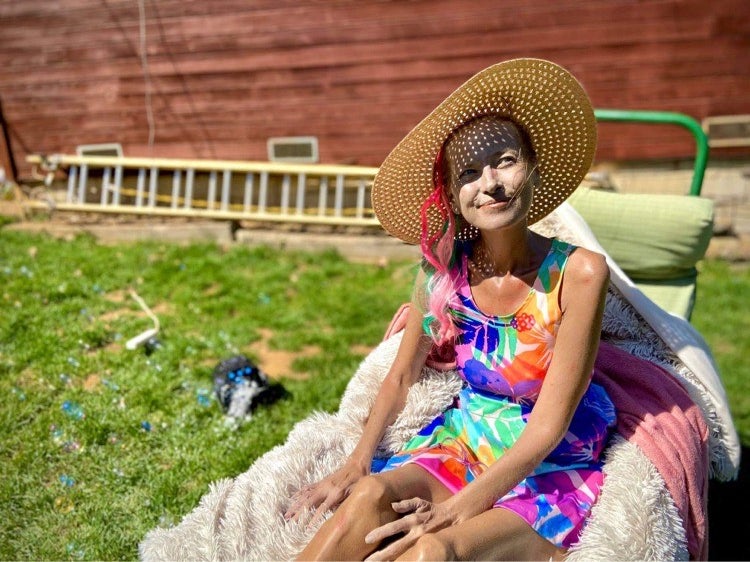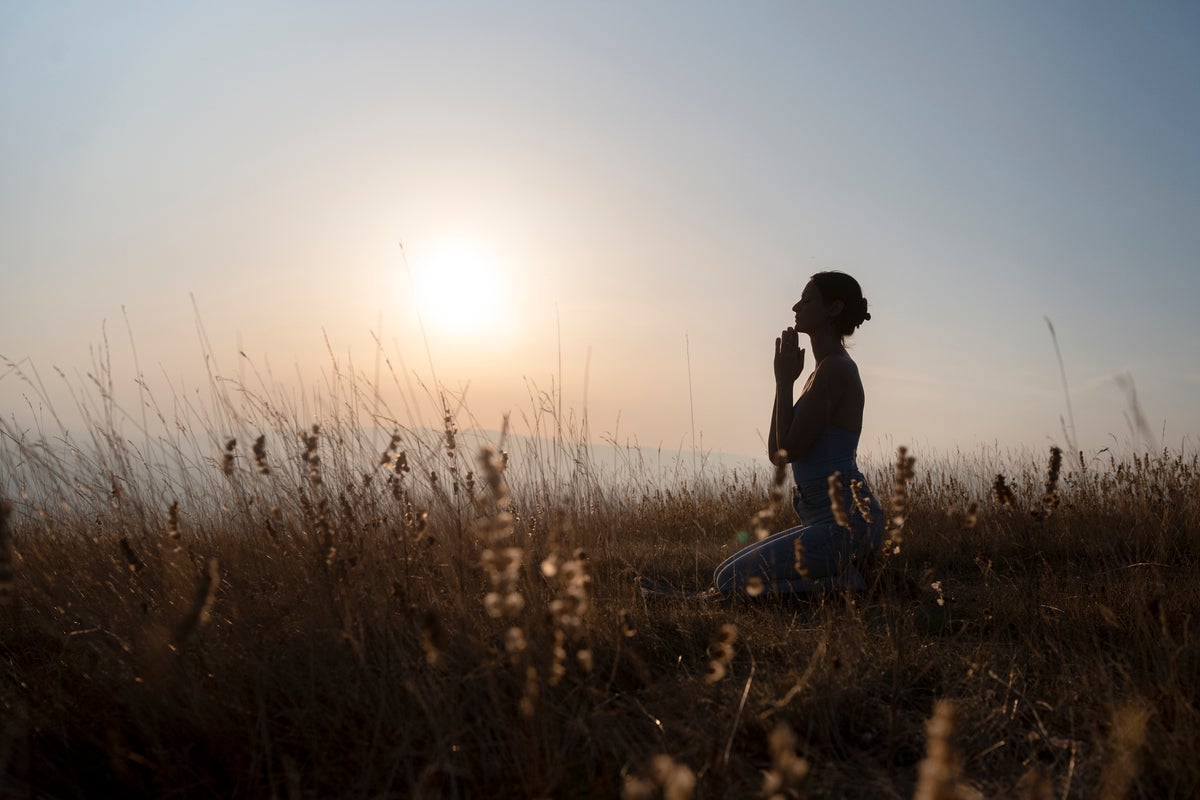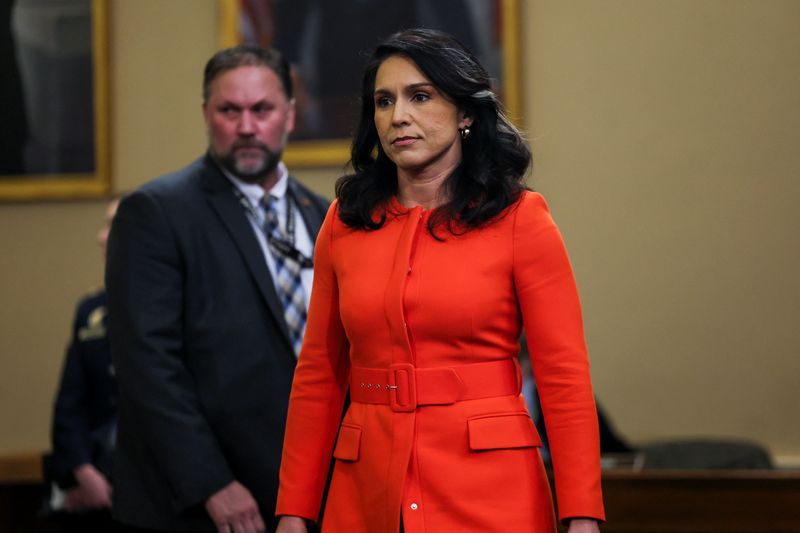Wellness Culture Is Fueling Right-Wing Conspiracy Theories – Here’s Why
We’ve all tracked down that acquaintance-of-a-friend on social media. The one
who suddenly went sober
During the quarantine, she eliminated sugar from her diet and began sharing details of her rigorous juice cleanse along with her daily practice of expressing gratitude.
She’s skeptical about contemporary medicine.
And according to social norms; there’s a rumor circulating that she was never inoculated against COVID-19. I also heard that she recently relocated to Bali to teach yoga.
She began removing friends from her life.
Those who didn’t resonate with her “vibe.” She claimed to have discovered a greater mission. A sense of purpose. And then you learn from a shared acquaintance that this person might be drifting away from sanity, as they’re part of a WhatsApp group discussing their concerns about it.
This scenario isn’t uncommon. Following the pandemic, numerous articles have discussed how the surge in interest around wellness and spirituality has inadvertently fueled the growth of right-wing beliefs, leading to more conspiracy theories being spread. Individuals promoting misinformation often present themselves as spiritual leaders. For instance, in the U.S., Kelly Brogan, who styles herself as a “holistic psychiatrist,” runs a site with the tagline: “Own your body. Free your mind.” She’s known for her stance against vaccinations.
New York Times
A bestselling writer has endorsed numerous thoroughly debunked conspiracy theories. In 2020, she gained widespread attention for suggesting that the coronavirus might be nonexistent and asserting that fatalities attributed to it resulted merely from panic. Another controversial figure is JZ Knight, known as an outspoken opponent of vaccinations who purports to communicate with a 35,000-year-old Lemurian warrior; she has also made bigoted statements against Jewish people and Mexican individuals. Additionally, there’s Amy Carlson, one of the founders of the spiritual organization called “Love Has Won.” She professed her ability to cure cancer patients through love alone and propagated conspiracies concerning September 11th events along with extraterrestrial phenomena. Carlson passed away in 2021 due to complications including alcoholism, anorexia, and persistent consumption of colloidal silver.
All this and more is what prompted the launch of the hugely popular
Conspirituality
podcast, a show dedicated to exploring the unlikely crossover between the wellness industry and conspiracy theorists who err on the side of right-wing ideologies. Created after the viral anti-vax documentary films, Plandemic, the show looks at everything from New Age cults (there’s an episode on CrossFit), Scientology, and climate denialists.
While this has largely been observed as a US-focused trend, the term “conspirituality” itself was coined in the UK in a 2011 paper published in the
Journal of Contemporary Religion
by Charlotte Ward and David Voas. The “rapidly growing” online movement was described as a synthesis of “the female-dominated New Age (with its positive focus on self) and the male-dominated realm of conspiracy theory (with its negative focus on global politics)”. According to the research, proponents believe that “the best strategy for dealing with the threat of a totalitarian ‘new world order’ is to act in accordance with an awakened ‘new paradigm’ worldview”.
“The phenomenon had been bubbling away in the background during the previous decade, but it was largely invisible to most people,” says Voas, who is currently emeritus professor of social science at University College London. Much of the disinformation spreading was happening on the fringes of YouTube or in niche communities formed by people with chronic or terminal illnesses, who felt they had been failed by modern science. “The Covid pandemic was undoubtedly a tipping point. The social and medical crisis brought more of the population into contact with the ideas.”
As for how right-wing thinking became enmeshed in all of this, Voas suspects it boils down to the fundamental superiority that lies at the heart of conspirituality. “Conspirituality is fuelled by distrust of old sources of authority, including science, religion, mainstream media, and political leadership,” he explains. “Ironically, though, it is also characterised by a willingness to believe almost anything, if the ideas accord with our desires or suspicions. Conspirituality is a kind of crowd-sourced knowledge, where the spread of a belief is taken to be support for its content.”

It’s not hard to see how this can become a source of concern, particularly when these voices are spreading misinformation on large platforms. But the appetite persists because we’re in an era of distrust, which is exactly what draws people into these communities. “People are looking for answers, and more importantly, alternatives,” says Dr Christopher T Conner, assistant professor of sociology at the University of Missouri. “Austerity measures since the 90s, and a failure of leadership to pass policies to help, rather than disproportionately hurt, the working classes have created a sense of apathy, despair, and hopelessness. People have lost faith in the system, and they are tired of being lied to by politicians trying to earn their vote.”
This alone isn’t worrying. That is, until you start adjusting your life choices according to this belief system. “I may trust my priest for matters of the heart and spirit, but I trust my doctor when it comes to matters of my cardiovascular system,” says Dr Conner. “The real issue, though, is that we have gotten to a point in society where someone would rather believe someone with a YouTube channel than an expert communicating through a traditional societal institution; that points to broader structural problems that we need to address.”
The actual problem is that our society has reached a stage where individuals tend to trust people who run YouTube channels over experts speaking through established social institutions.
It may appear more prominent in the U.S., but experts consider it a worldwide phenomenon. Thus, it could just be a matter of time before it gains momentum in the UK. Polly Shute, who founded the LGBT+ wellness festival called Out & Wild in North Devon, has observed this emerging trend within her field. “In recent years, particularly since the pandemic began, I’ve seen significant expansion in the wellness industry,” she remarks. “While there are many beneficial aspects to this development, it also renders the sector appealing both economically and politically. Women form the primary demographic targeted here. For instance, even straightforward discussions about ideal body types can undermine individuals hailing from marginalized backgrounds.”
It might be crucial to recognize that past extremist figures like Knight and Carlson, conspirituality can also function as a way for people to cope with economic and governmental upheaval. Everyone could benefit from having clearer insights into global events and their underlying causes. So, if believing in an ancient submerged civilization helps provide some clarity, then so be it.
Hamira Riaz, an associate fellow at the British Psychological Society, posits that “in this time of widespread upheaval across our multifaceted crisis-ridden world, our capacity to accept ‘uncertainty’ is being pushed past its breaking point.” She views conspirituality as a means through which humans navigate these challenging times. It provides a framework for understanding intricate matters we find difficult to grasp. Studies indicate that individuals drawn to extreme politics tend toward binary thought processes, possibly because they have less patience for unclear situations. Conspiracy theories bring solace to the mind; they present tidy, streamlined narratives that diminish doubt.
This could serve as an adequate way of dealing with things, provided these oversimplified narratives aren’t leading you to believe swallowing silver is beneficial or encouraging you to spread extreme ideologies on the internet. While this may appear to be quite a significant change, many individuals are adopting this approach more frequently than you’d imagine.
The Independent stands out as the globe’s premier source of unbiased journalism, offering international news, insights, and evaluation tailored for those with an independent mindset. With a vast worldwide audience comprising people who appreciate independence and trust our dedication to fostering constructive transformation, we’ve thrived. Today, more than ever, fulfilling our purpose of driving change forward remains crucial.




